In today’s rapidly evolving landscape, public sector agencies face a myriad of tactical and strategic challenges that demand innovative solutions. To navigate these complexities successfully, agencies must harness the combined power of experts and technology. In this blog, we will explore how integrating expertise and advanced technologies can drive problem-solving and solution design in the public sector, with a particular focus on the importance of experts understanding and appreciating emerging technologies like artificial intelligence, Virtual Reality, Augmented Reality, and robotics.
The Power of Expertise in Problem Solving
Experts are the bedrock of informed decision-making. Their deep knowledge and experience enable them to dissect complex issues, identify root causes, and devise strategic solutions. Here’s why expertise matters in consulting:
-
In-Depth Analysis
Experts bring specialized knowledge and analytical skills that are invaluable in dissecting multifaceted challenges. They can uncover hidden nuances and assess the implications of potential solutions.
-
Strategic Thinking
Consulting experts excel at strategic thinking. They not only solve immediate problems but also consider long-term implications, aligning solutions with an agency’s overarching goals and mission.
-
Subject Matter Proficiency
Experts provide agencies with up-to-date insights and best practices in their respective fields, ensuring that solutions are both effective and compliant with industry standards.
The Role of Technology in Problem Solving
Technology has emerged as a powerful tool in problem-solving and solution design. Emerging technologies like AI, VR, AR, and machine learning offer new avenues for innovation:
-
AI (Artificial Intelligence)
AI can analyze vast datasets, detect patterns, and make predictions, enabling agencies to make data-driven decisions. It can automate routine tasks, freeing up human resources for more strategic work.
-
VR (Virtual Reality) and AR (Augmented Reality)
VR and AR technologies enhance training, simulation, and visualization. In public safety agencies, for example, VR can simulate emergency scenarios for training, while AR can provide real-time data overlays for first responders.
-
Machine Learning
Machine learning algorithms can process vast amounts of data to identify anomalies or trends. This technology is particularly useful for fraud detection, risk assessment, and predictive analytics.
The Integration of Expertise and Technology
To create effective solutions, experts must not only possess domain knowledge but also understand and appreciate advanced technologies. Here’s how this integration can yield exceptional results:
- Informed Decision-Making
When experts understand technology, they can make informed decisions about when and how to leverage it for maximum impact. This ensures that technology aligns with the agency’s strategic goals.
-
Synergy in Solution Design
Experts can collaborate with technologists to design solutions that blend domain expertise with technological capabilities. This synergy results in comprehensive, effective solutions.
-
Future-Proofing
Experts who appreciate emerging technologies can help agencies prepare for the future. They can anticipate how trends like AI, VR, AR, and machine learning will impact the agency’s operations in the near and long term.
In conclusion, the integration of expertise and technology is paramount in addressing the intricate challenges faced by public sector agencies. Consulting matters because it brings specialized knowledge, strategic thinking, and subject matter proficiency to the table.
Additionally, experts who understand and appreciate advanced technologies can harness the full potential of AI, VR, AR, and machine learning to create innovative solutions that not only address immediate issues but also position agencies for success in an increasingly digital world. The future of public sector problem-solving lies in the seamless blend of human expertise and cutting-edge technology.

